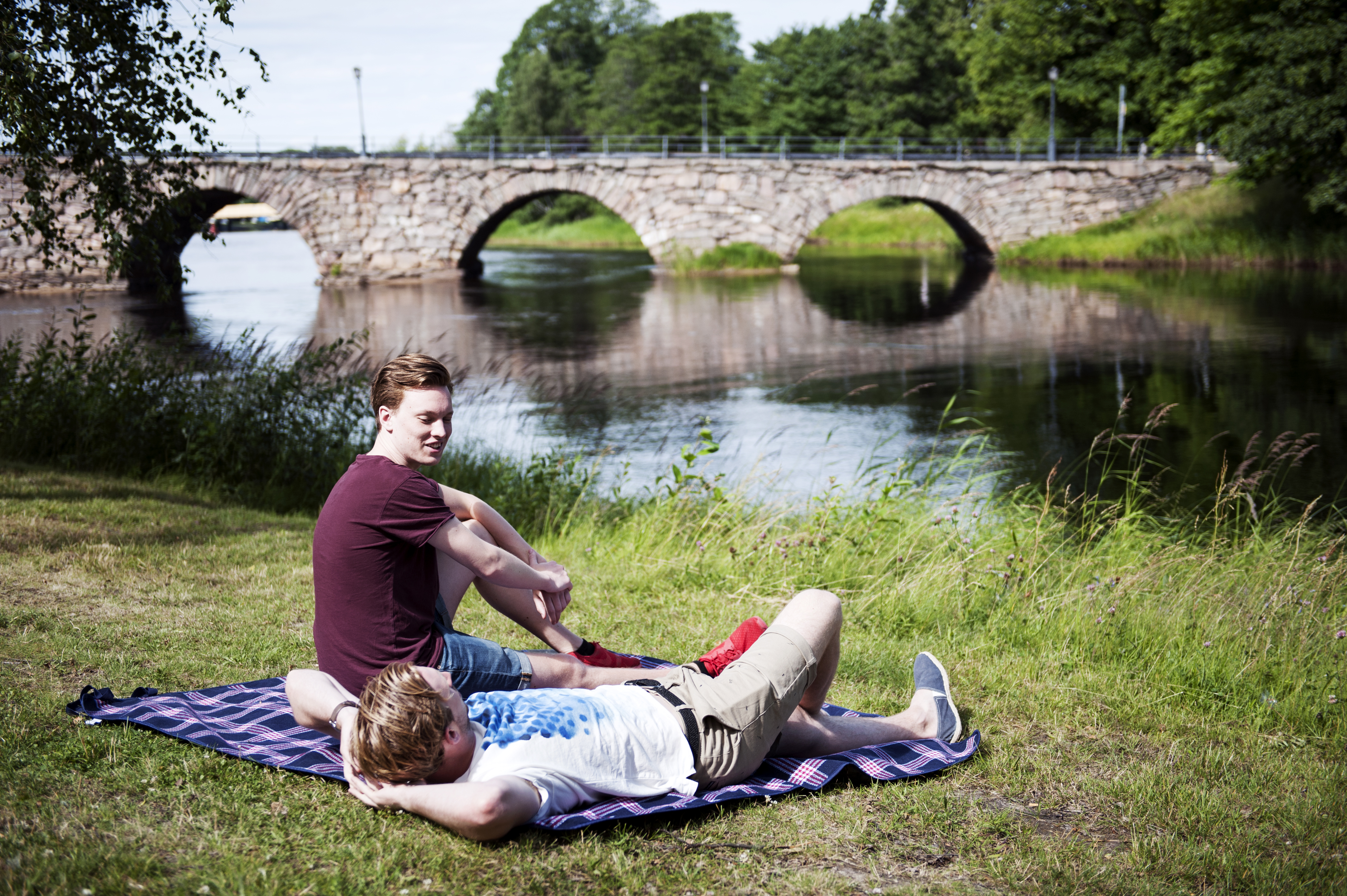
Is there such a thing as a stress-free school experience? Can anyone get through several years of exams, presentations and essays with a mind completely empty of pressure and worry about the future? For most of us, the answer is probably no. Stress and academia seem to go hand in hand a lot of the time, and many studies show alarmingly high levels of stress among students. Whether the pressure is self-inflicted, derived from other people or the reult of too many thoughts about securing future employment as quickly as possible, it is safe to say that we are inadvertently harming ourselves. Not only is our mental and physical health severely impacted by too much stress, but we also end up hastily flying through our university years in a rush to finish assignments so fast that we forget to truly enjoy the many positive aspects of being a student.
School should not just be about getting a grade at the end of a course. School should also be about enjoying the valuable knowledge that we are fortunate enough to be able to acquire. And of course, it should be about having fun – campus parties, lunch dates or a well-deserved ice cream break, anyone? Occasional stress is inevitable, but you can stop it from completely taking over your life and ruining your university experience. You might just need some tips as to how to do that.
• Power naps: It’s mid-afternoon. You have spent the last couple of hours staring at a text book in which the letters have now completely blended together and there seems to be no energy left for knowledge consumption. In other words, your brain is exhausted. In scenarios like this, one of the best things you can treat yourself to is a power nap. Research shows that your stress levels can significantly decrease after a mid-day nap while you also reap cognitive benefits such as enhanced learning and an improved reaction time.
• Exercise: A walk around the block, a morning run, an hour at the gym or some time on the yoga mat… whatever it may be, exercising is important. Try to find a type of exercise that fits your body, and practice it at least three times a week. Staying active is something that will be greatly appreciated by both your body and mind.
• Safe and sound: Not everyone loves to read, but not having a passion for books shouldn’t stop you from enjoying the many interesting stories out there. Storytelling can be a great way to unwind when you feel in need of a study break. A nice alternative to reading is audiobooks, where you can indulge in everything from biographies and memoirs to chick-lit, crime and romance – while your hands and eyes are free for other activities. Also, if you have access to video lectures, putting one of those on while doing dishes or cleaning can be a very productive way of multi-tasking.
• Write it down: The brain does not function optimally when it is trying to keep track of a hundred different things. To avoid forgetting about a crucial deadline, put pen to paper and write down all the things that you have to get done. That way, everything will be laid out in front of you, you will know exactly when each assignment has to be finished and you’ll also know how to schedule fun, non-school activities accordingly.
• A break from social media: Chances are that lots of us have on occasion grabbed our phone in the morning and checked Instagram and/or Facebook before even getting out of bed. Maybe some even scroll the pages of these social networking sites during lectures and classes. While the wonders of the web certainly can be entertaining, an excessive consumption of social media can be do more harm than good. We become too attached to checking our “snaps” and tweets more than is necessary, and it often times results in us losing track of both time and errands. Subsequently, you fall behind on work and become even more stressed. Try taking a break from social media for a few hours or better yet, for an entire day.
• The zzz’s: This goes without saying, but sleep is important. In fact, it is vital. For the sake of both your mental and physical well-being, a solid seven to eight hours is recommended every night. For those times when you simply have to sacrifice a little sleep for a late- night cram session, be sure to catch up on those lost hours during the weekend.
This is an argumentative text in which the writer answers for the views and opinions. Read more about the journalistic work in Karlstads studenttidning here.